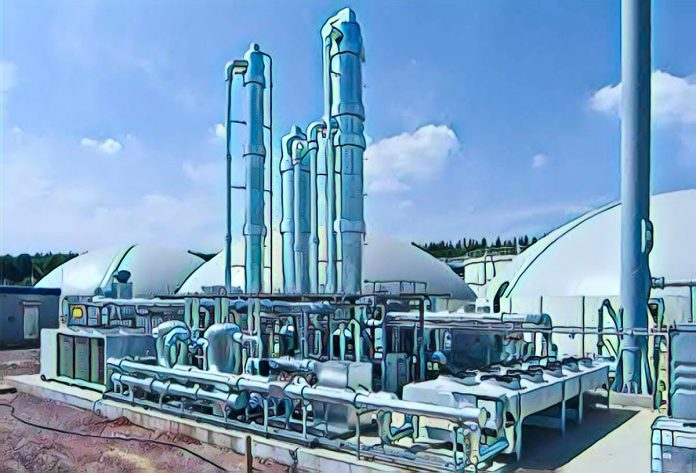In a decisive move to tackle the recurring challenges of gas supply shortages to thermal power plants, the Federal Government has pinpointed several critical issues, including gas legacy debts and pipeline vandalization, that continue to undermine the nation’s power sector. During a recent inauguration in Abuja, Mr. Ekperikpe Ekpo, Minister of State for Petroleum Resources (Gas), unveiled an Inter-Ministerial Committee tasked with developing solutions to ensure a steady and sustainable gas supply for Nigeria’s energy needs, aligning with President Ahmed Bola Tinubu’s Renewed Hope Agenda.
The formation of this high-level committee follows a collaborative session between the Ministry of State for Petroleum Resources (Gas) and the Ministry of Power, underscoring the government’s commitment to bridging the gap between gas supply and power generation. This strategic alliance highlights the urgency of addressing the domestic pricing of gas in dollars, among other constraints, to foster a conducive environment for energy sector investments.
Mr. Ekpo emphasized the significance of collaborative efforts in overcoming these obstacles, stating, “There is absolutely nothing that can be done in Nigeria without stable power.” Similarly, Mr. Adebayo Adelabu, Minister of Power, echoed the necessity for joint actions to surmount the gas supply challenges that plague thermal power plants, aiming to realize the vision of uninterrupted power supply across the country.
The committee, comprising representatives from the Ministries of Petroleum Resources and Power, regulatory agencies, operators, and key stakeholders within the gas and power sectors, is expected to deliver actionable recommendations to President Tinubu, providing a roadmap to end the longstanding crisis in the power sector.
This initiative comes in the wake of revelations by Osagie Okunbor, Managing Director of Shell Petroleum Development Company of Nigeria, regarding the sector’s daunting gas legacy debts totaling $1.3 billion. Okunbor, representing the Oil Producers Trade Section—an association of international oil companies—highlighted the adverse impact of these debts on sectoral investments. He stressed the importance of resolving these financial challenges to incentivize further investments and infrastructure development, including the Ajaokuta-Kaduna-Kano pipeline project, critical for Nigeria’s Decade of Gas vision.
The Federal Government’s acknowledgment of these challenges and its proactive steps to form the Inter-Ministerial Committee signal a positive shift towards addressing the structural issues that have long hindered the growth and efficiency of Nigeria’s power sector. By tackling the root causes of gas supply disruptions and creating a more favorable investment climate, the committee aims to catalyze the transformation needed for the energy sector’s sustainability and reliability.
As stakeholders await the committee’s findings and recommendations, there is renewed hope for a future where Nigeria can leverage its vast gas resources to power its development ambitions, driving economic growth and enhancing the quality of life for its citizens. This concerted effort marks a pivotal moment in the country’s journey towards achieving energy security and independence, laying the foundation for a robust and resilient power infrastructure that can support Nigeria’s aspirations in the 21st century and beyond.
The Federal Government’s initiative underscores a critical understanding: achieving a stable power supply is not just about meeting immediate energy needs but about building a sustainable, diversified economy that can withstand global energy market fluctuations. With the right policies, infrastructure, and international partnerships, Nigeria is poised to unlock its fill potential as a leading energy powerhouse in Africa.



